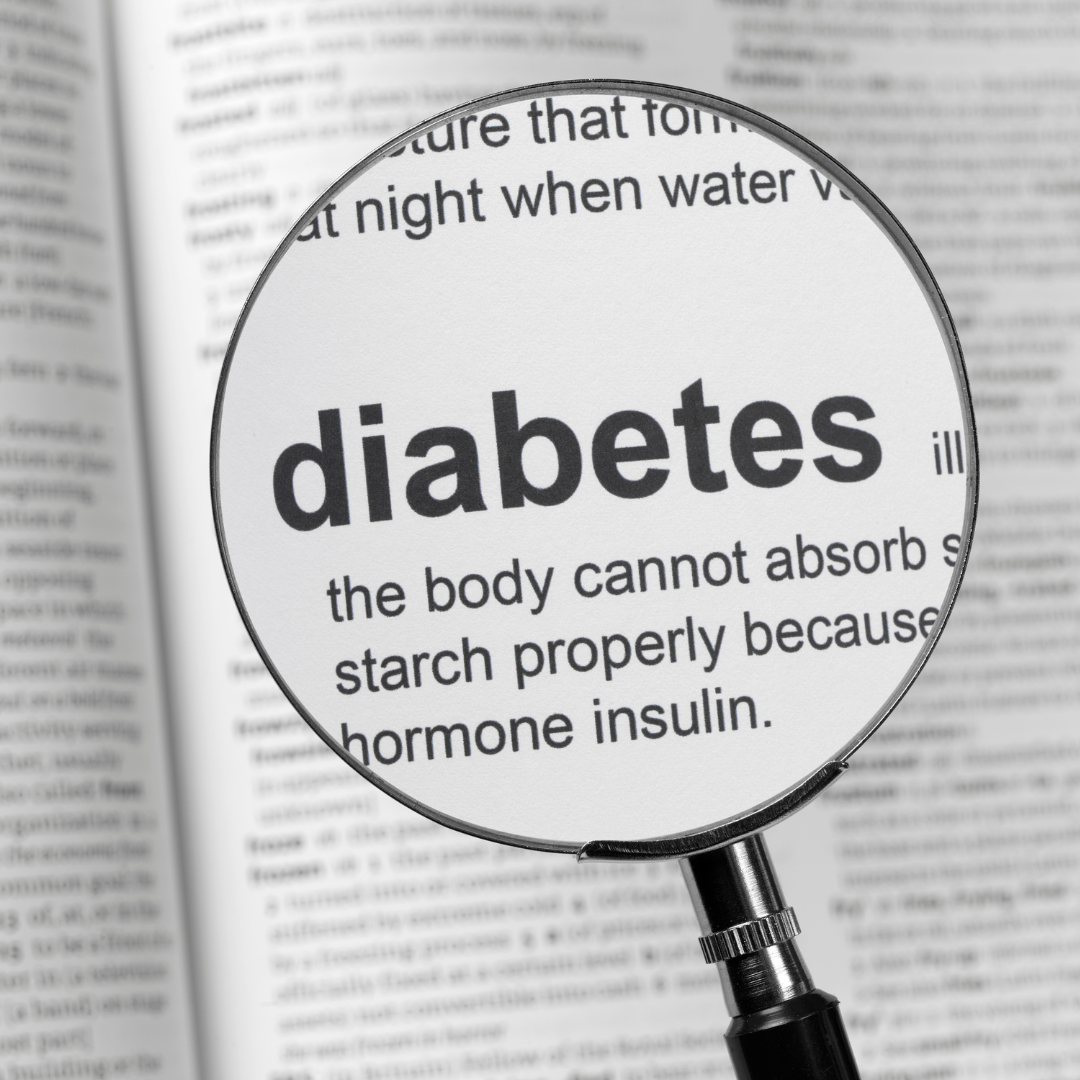OVERVIEW
Diabetes (sometimes referred to by the scientific name diabetes mellitus), is a series condition where your blood sugar levels, or blood glucose is too high. This can happen when your body can’t produce any insulin. It can also happen when your body doesn’t produce enough insulin or the insulin that is does produce isn’t effective.
WHY IS INSULIN SO IMPORTANT?
Why is insulin so important? Insulin does an essential job in allowing the glucose (sugar) in our blood to enter our cells and give our body energy. When your body digests and breaks down the food and drink that you consume into glucose, this glucose then enters your bloodstream. However, without any or sufficient insulin, the glucose can’t enter into your body’s cells. This causes a build up of glucose (sugar) in the bloodstream and which causes high blood sugar levels. If left untreated, the high sugar levels can make you very unwell and damage parts of the body, including your eyes, heart and feet.




